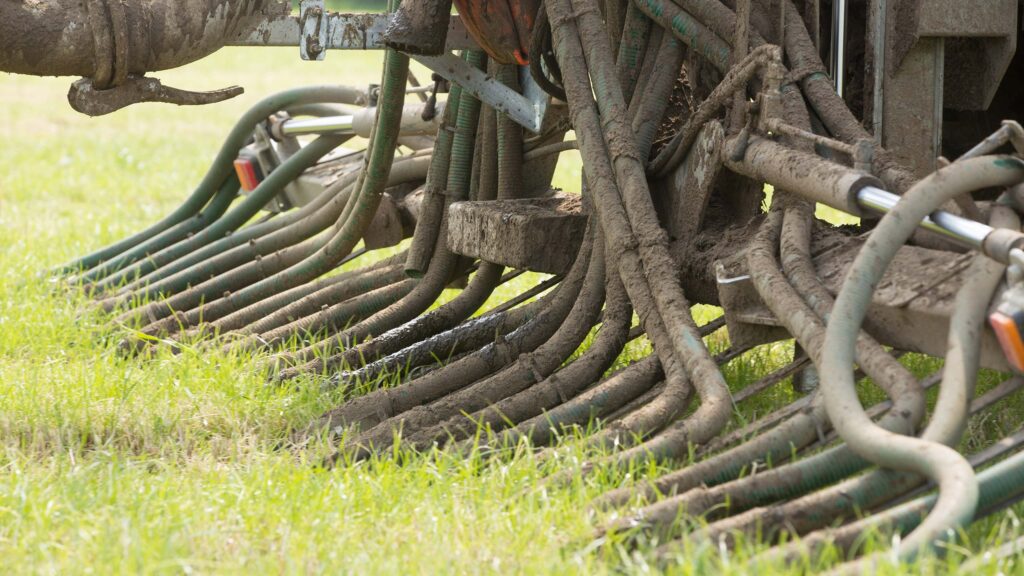UFU dismay over lack of farmers on new pollution body
 © Tim Scrivener
© Tim Scrivener The Ulster Farmers’ Union (UFU) has expressed concern over a lack of adequate farmer representation on a new stakeholder group tasked with shaping the next phase of Northern Ireland’s Nutrients Action Programme (NAP).
The UFU confirmed it has received a draft of the group’s terms of reference and has been informed that an independent, Karen Brosnan, has been appointed to chair the group.
However, UFU president William Irvine said the union was not satisfied with its level of inclusion.
See also: Nutrient Action Plan to put ‘severe strain’ on NI farmers
“We have now received a draft of the terms of reference for the NAP Task and Finish Group and will consider these in consultation with our UFU environment committee and legal team before making any decision on future participation,” said Mr Irvine.
“We do have concerns about the level of representation being offered to the UFU. Currently, we have only been offered three seats which does not reflect the size, scope and diversity of the sectors we represent.
“On previous groups of this nature, the UFU has typically held four or five seats, which we believe is a more appropriate and balanced approach.”
The Stakeholder Task and Finish Group will assess feedback from the recent public consultation on the NAP, and develop revised proposals for 2026-2029.
The group includes representatives from the NI Department of Agriculture, Environment and Rural Affairs (Daera), the agri-food industry and environmental organisations.
Veteran facilitator
Ms Brosnan, a veteran facilitator with more than 25 years’ experience, has been appointed to lead the group through what Daera farming minister Andrew Muir called a “timebound process” aimed at improving water quality.
The UFU said that, pending agreement on the terms of reference, the next step should be to give the group “sufficient time and space to engage meaningfully” before any final decisions are made.
Plans to cut fertiliser use under Northern Ireland’s NAP could cost the agri-food sector more than £1.5bn each year and lead to severe reductions in livestock numbers, industry analysts warn.
